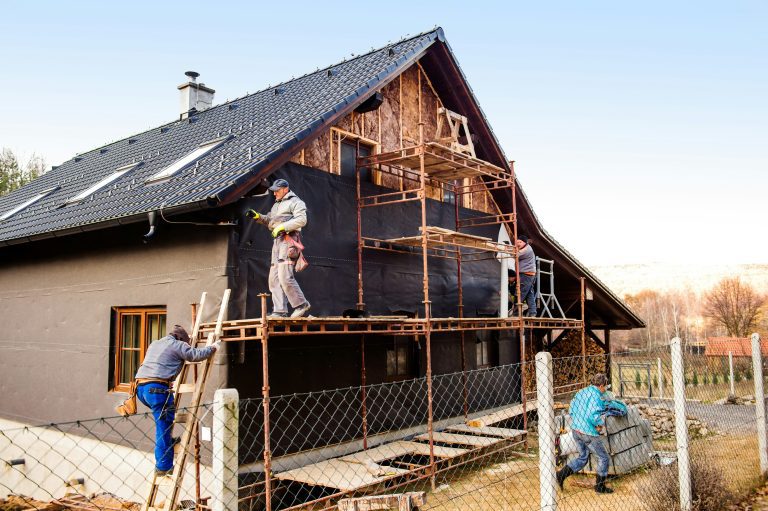The Construction Crisis Britain Can’t Ignore
Britain’s construction industry is under mounting pressure. With ongoing material shortages, rising labour costs, and project delays, traditional building methods are struggling to keep pace with national demand.
From housing and commercial developments to healthcare and education facilities, the UK faces a growing need for faster, more flexible construction solutions.
The shift toward modular and refurbished construction isn’t just about convenience — it’s a structural change in how Britain builds. By relocating much of the process off-site, the industry is finding new ways to control costs, speed up delivery, and improve sustainability.
A Smarter Way to Build
Unlike conventional construction, modular buildings are assembled in controlled factory environments before being transported to the site for final installation. This process removes many of the common pain points that delay traditional builds — such as unpredictable weather, labour shortages, and logistical issues.
Industry analysis from Construction Wiki and UK Estates highlights that modular construction can cut build times by as much as 50%, while improving quality and consistency. Businesses investing in new modular offices or bespoke portable buildings can benefit from minimal disruption and rapid deployment, often becoming operational within weeks rather than months.
These efficiencies are also driving down costs. By streamlining production and standardising components, modular manufacturers can deliver high-quality results without the unpredictability of fluctuating on-site costs.
The Rise of Refurbished Modular Units
One of the most significant trends emerging from the modular sector is the rise of refurbished and reused modular buildings.
These pre-owned structures — once used as offices, canteens, or changing facilities — can be renovated, repurposed, and redeployed at a fraction of the cost of a new build.
For businesses, the advantages are twofold:
- Financial: Reused modular units can reduce capital expenditure by up to 40%.
- Environmental: Refurbishing existing buildings minimises waste and cuts carbon emissions compared with building from scratch.
With sustainability now a top priority for both private and public organisations, refurbished modular units have become a strategic choice rather than a compromise.
For example, a logistics company needing a new portable office or staff welfare block can install a refurbished unit within days — achieving both speed and sustainability goals simultaneously.
Building in Line with Sustainability Targets
The UK government’s net-zero commitment has accelerated interest in modular construction. Prefabricated methods generate significantly less waste — up to 90% less, according to Mister Modular — and allow for the reuse of key structural components across multiple projects.
This supports the principles of a circular economy, where buildings are designed with longevity and recyclability in mind. Rather than demolishing and rebuilding, modular systems enable adaptation and reuse.
In a world increasingly focused on carbon reduction, modular and prefabricated buildings are helping developers, schools, and public-sector organisations reduce emissions while maintaining cost efficiency.
The Time Factor: Business Agility Through Modular Design
Speed is everything in modern business. Whether expanding operations, setting up temporary facilities, or responding to urgent demand, time-to-delivery can determine competitiveness.
With modular construction, entire facilities —including drying rooms, changing blocks, and canteens —can be operational within weeks. Units can also be expanded, relocated, or reconfigured as needs evolve, offering unmatched flexibility across sectors such as education, construction, and manufacturing.
A Market Ready for Change
What began as a niche solution for temporary classrooms and site offices has evolved into a mature, future-facing sector driving innovation across the UK’s built environment.
Today, modular construction represents not just an alternative — but a superior model of delivery. As developers seek resilience in uncertain times, prefabricated and refurbished modular buildings provide the balance of cost, quality, and sustainability that the industry urgently needs.
From start-ups needing instant workspace solutions to large contractors working on public projects, the shift to modular construction is well underway. And as Britain looks to build smarter and greener, the modular sector is leading the charge.


